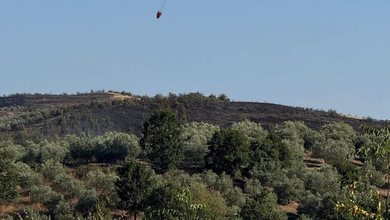
With rising temperatures and thermal extremes caused by climate change, heat stress in the workplace has become a global societal challenge, no longer limited to countries near the equator, say the World Health Organization (WHO) and the World Meteorological Organization (WMO) in a new joint report.
To address these challenges, the report highlights new guidelines and action plans.
"Heat stress is already damaging the health and livelihoods of billions of workers, particularly in the most vulnerable communities," said Jeremy Farrar, WHO's Deputy Director-General for Health Promotion, Disease Prevention and Health Care. Meanwhile, according to WMO Deputy Secretary-General Ko Barrett, "protecting workers from extreme heat is not only a health imperative, but also an economic necessity."
According to the study, worker productivity drops by 2-3% for every degree above 20°C, and the increase in heat episodes is already causing health problems among vulnerable populations in developing countries, such as children, the elderly and low-income people.
The report also includes findings from recent International Labour Organization (ILO) reports, which show that over 2.4 billion workers are exposed to extreme temperatures globally, leading to 22.85 million workplace accidents each year. Health risks include heatstroke, dehydration, kidney damage and neurological disorders — “all of which pose a threat to long-term health and economic security.”
Furthermore, the frequency and intensity of heat stress episodes have increased significantly, increasing the risks for both outdoor and indoor workers.
To address these challenges, the report calls for the implementation of action plans. The guidelines outline a path for governments, employers and health authorities, with tailor-made plans for sectors and regions, developed in collaboration between employers, workers, unions and public health experts. It particularly highlights the need to take care of middle-aged and older workers, people with chronic diseases and those with frailty.






















